#maxime rodinson
Text

Qui sont les arabes?
0 notes
Text
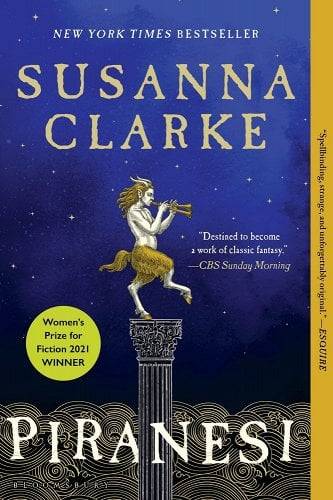
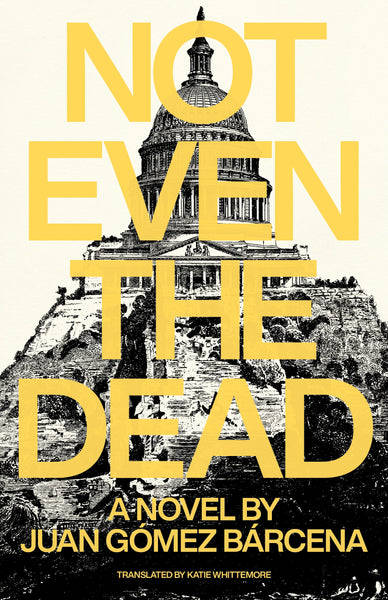

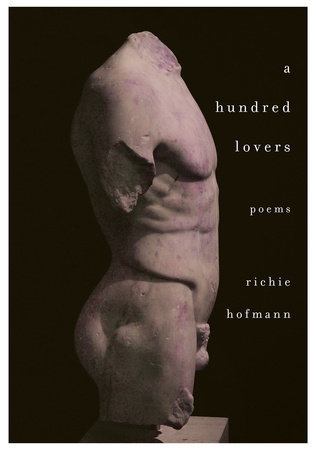
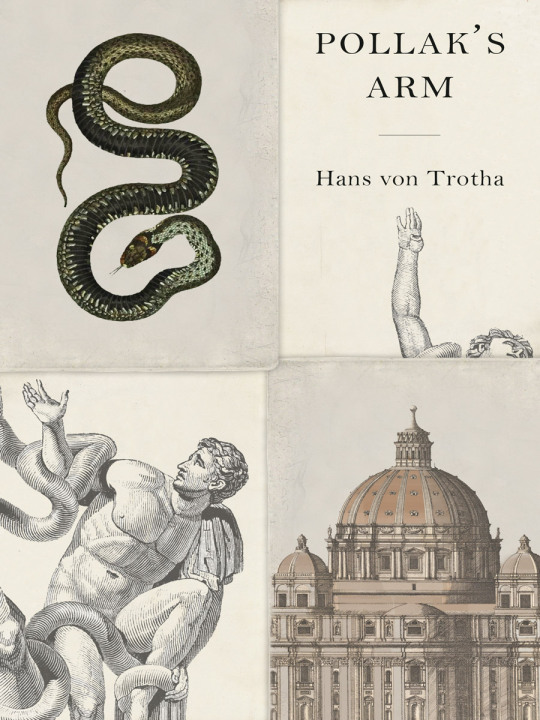
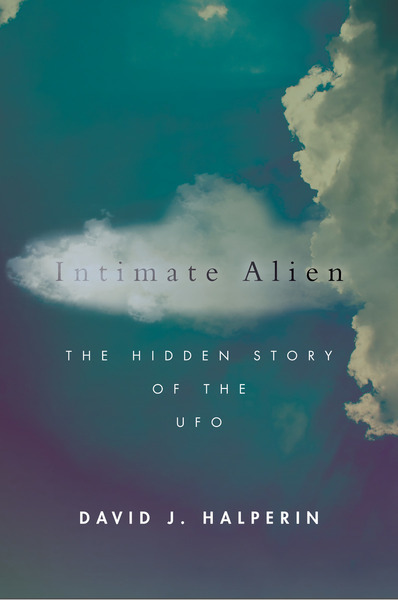

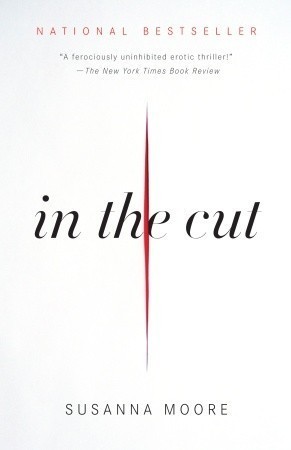
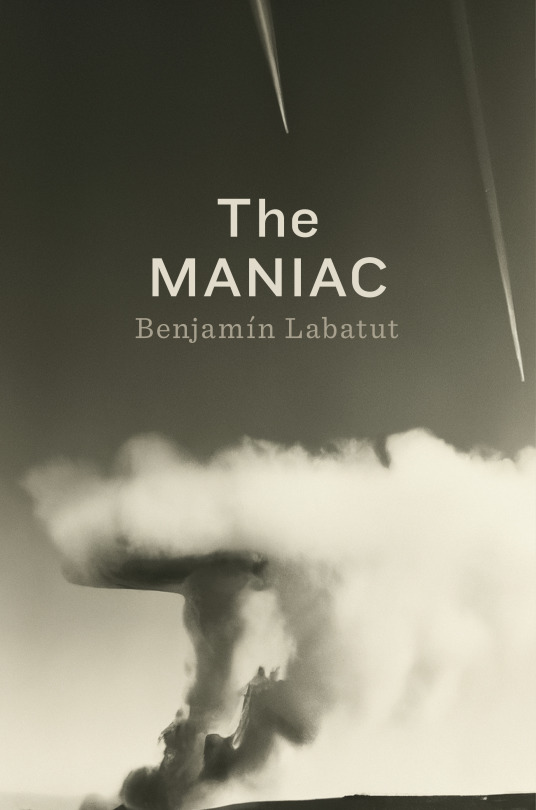
Best books of the year: 2023 edition
When you read north of 200 books a year it's pretty hard (at least for me) to compile a best-of list without things getting out of hand, but here is my attempt:
Best fiction (new releases)
After Sappho by Selby Wynn Schwartz
The MANIAC by Benjamín Labatut
Not Even the Dead by Juan Gómez Bárcena
Time Shelter by Georgi Gospodinov
Honorable mention: This is Not Miami by Fernanda Melchor
Best fiction (non-new releases)
Piranesi by Susanna Clarke
The Oppermanns by Lion Feuchtwanger
Pollak's Arm by Hans Von Trotha
In the Cut by Susanna Moore
Honorable mentions: impossible to pick a favorite NYRB read but Zama and Cassandra at the Wedding both knocked me on my ass.
Best short story collection:
In the Country by Mia Alvar
Honorable mention: Savage Harvest: Stories of Partition by Mohinder Singh Sarna
Best nonfiction
We Were Once a Family: A Story of Love, Death and Child Removal in America by Roxanna Asgarian
Bottoms Up and the Devil Laughs: A Journey Through the Deep State by Kerry Howley
Poverty, by America by Matthew Desmond
The Paranoid Apocalypse: A Hundred-Year Retrospective on the Protocols of the Elders of Zion, edited by Richard Landes and Steven T. Katz
Sex, Science, Self: A Social History of Estrogen, Testosterone and Identity by Bob Ostertag
Feeling Trapped: Social Class and Violence Against Women by James Ptacek
Intimate Alien: The Hidden Story of the UFO by David J. Halperin
Honorable mentions: Actual Malice by Samantha Barbas, The Devil's Element by Dan Egan, Europe and the Mystique of Islam by Maxime Rodinson
Best poetry
A Hundred Lovers by Richie Hofmann
Hard Damage by Aria Aber
Report to the Department of the Interior by Diane Glancy
Honorable mentions: Deluge by Leila Chatti, Critical Assembly: Poems of the Manhattan Project by John Canaday
#what I'm reading#not writing individual descriptions of each one because that would make this super long but feel free to ask me about any of them#also I have quotes of some of these I need to write up and post#overall piranesi the oppermanns and pollak's arm were my favorites#I'll be thinking about all of those for a while
31 notes
·
View notes
Text
★ 23 août 2024 > bit.ly/hobo-23aout2024

★ Les nouveautés de nos éditrices et éditeurs disponibles au 23 août 2024 > bit.ly/hobo-23aout2024
Maxime RODINSON, Islam et capitalisme, Agone
Nada ELIA, Palestine, Remue-ménage
Jean-Pierre TERRAIL, La Crise de l'école et les moyens d'en sortir, La Dispute
Léon TROTSKY, Où va la France ?, Les Bons caractères
Jean-Pierre TERTRAIS, La Décroissance libertaire, Éditions du Monde libertaire
Philippe GODARD, Le Pouvoir selon Google, Éditions du Monde libertaire
Miguel "Mutis" SARRÓ, Café combat, Éditions du Monde libertaire
David PERDRIX, J'ai très envie de vous emmerder, Éditions libertaires
Pier Paolo PASOLINI & Gideon BACHMANN, Politique Polémique Pouvoir, Éditions Critiques
Bertrand OGILVIE, Inclassable enfance, La Tempête
COLLECTIF, Échecs et vomissements, Somme toute
Yuna VISENTIN, Spiritualités radicales, Divergences
Isabelle LE BOULANGER, Deviens ce que tu es, Goater
Douce DIBONDO, infra/seum, Blast
Manon DELATRE, Se faire virer (nouvelle édition), Éditions du commun
Fabienne JUHEL, Les putes sont des hommes comme les autres, Goater
Marie-Ève MILOT & Marie-Claude ST-LAURENT, Clandestines, Somme toute
COLLECTIF, Cinq éclats de siècles au féminin, Somme toute
Mathilde BRANTHOMME & Sara Danièle MICHAUD, Sous un ciel vide
Armonía SOMERS, L'Effondrement et autres histoires, L'atinoir
François LÉVESQUE, Histoires de films, Somme toute
Sylvain GAREL, Le FLQ dans la cinématographie québécoise, Somme toute
Stephanie MCMILLAN, Mort au capitalisme !, Éditions Libre
Cassandre CARDIET, Safari Graffiti, Goater
Géraldine BEAUMONT, Les Maisonnettes d'Aela et Lomig, Goater
"Il n’est qu’un moyen sûr au monde pour que les non-privilégiés obtiennent que leurs droits d’êtres humains soient respectés : leur donner une part dans le contrôle du pouvoir politique, abolir le plus de privilèges possible, et garantir ces conquêtes par des institutions adéquates et solides. On peut parer, si l’on veut, ces institutions de la phraséologie des préceptes musulmans, chrétiens, juifs, bouddhistes, stoïciens, kantiens et de mille autres. Mais les préceptes sans les institutions ne sont que vaine littérature et honteux camouflage d’iniquités fondamentales."
Maxime Rodinson, Islam et capitalisme, Agone.
0 notes
Text
Maxime Rodinson noquea a Bernard-Henri Lévy: Israel como «hecho colonial». Aunque hubiese colonos que se considerasen comunistas, no dejaban de ser colonos... “La supremacía europea había implantado, incluso en la conciencia de los más desfavorecidos de los que participaron [en la emigración a Palestina], la idea de que, fuera de Europa, cualquier territorio era susceptible de ser ocupado por un elemento europeo"... ¿Y cuál es la legitimidad de una reivindicación judía de Palestina? El Antiguo Testamento como título de propiedad... en 1947, el porcentaje de tierra cultivable en Palestina que pertenecía a los judíos era sólo del 9% al 12%... hizo falta la «judaización » de las propiedades de los ciudadanos palestinos de Israel para dar la vuelta al catastro
0 notes
Text
NYRB Fall Preview 2020: NYRB Classics (January 2021)
We wrap up our fall Classics preview with two nonfiction books out in January 2021: a strikingly sensory childhood memoir by a philosopher of the mind and a vital biography of the prophet Muhammad.
Stay tuned for more fall titles from NYRB Poets, New York Review Comics, Notting Hill Editions, and NYRB Kids.
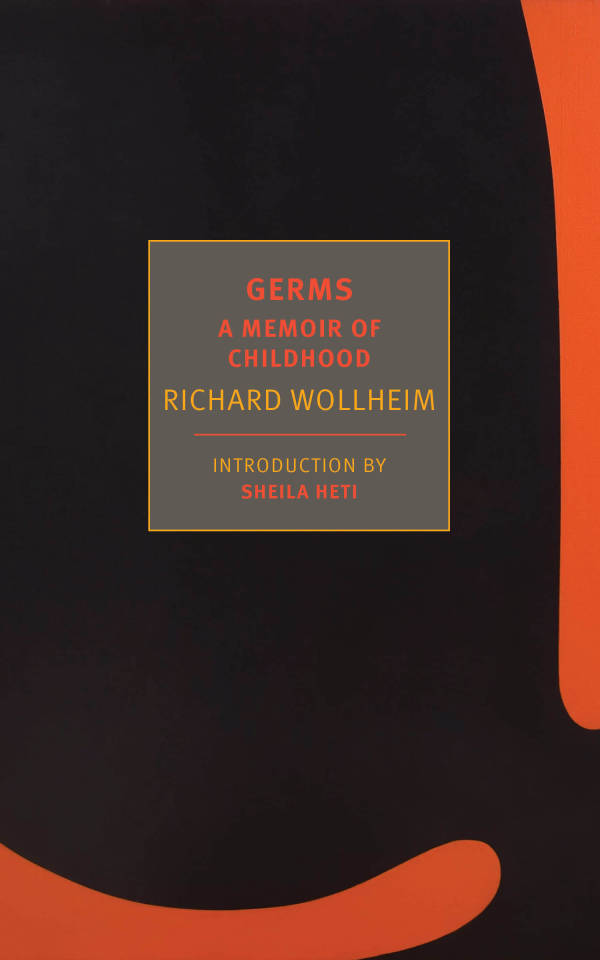
Richard Wollheim, Germs: A Memoir of Childhood
This lyrical memoir from the major British philosopher is an surprising ode to the confusions of childhood. A lonely child, Wollheim’s early days were defined by sense and sensation, and he describes sights and scents with extraordinary power. As the Wall Street Journal put it, he’s “incapable of writing a bad sentence.” Sheila Heti, author of Motherhood and How Should a Person Be?, contributes the introduction.
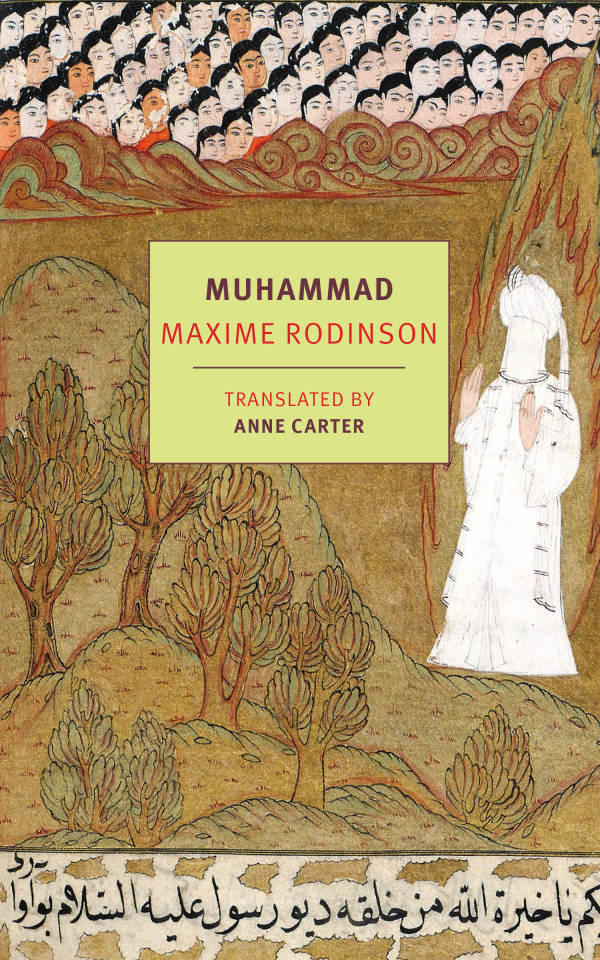
Maxime Rodinson, Muhammad
First published in 1960 and called “essential” by Edward Said, this biography of Muhammad is an undisputed classic of the field. Rodinson, a Marxist historian who specialized in the Islamic world, traces the larger context of the Prophet’s life and calling—emphasizing his humanity all the while.
#maxime rodinson#muhammad#history of islam#edward said#richard wollheim#sheila heti#memoir#biography#literature#nyrb#nyrb classics#new york review books#nonfiction#fall 2020 preview
6 notes
·
View notes
Text
I watched a talk where Samir Amin was pretty critical of Edward Said, saying dismissively that he had ‘already dealth with him’ (or something lke that) in his 1989 book Eurocentrism. So I was surprised to find that Eurocentrism is actually self-consciously indebted to Said and cites him a few times (back when Amin actually cited stuff), but there was indeed a gentle criticism:
During the Crusades, Christians and Muslims each believed themselves to be the keepers of the superior religious faith, but at this stage of their evolution, as evidence has proven, neither one was capable of imposing its global vision on the other. That is why the judgments of the Christians, at the time of the Crusades, are no more “Eurocentric” than those of the Muslims are “Islamocentric.” Dante relegated Mohammed to Hell, but this was not a sign of a Eurocentric conception of the world, contrary to what Edward Said has suggested. It is only a case of banal provincialism, which is something quite different, because it is symmetrical in the minds of the two opposing parties.
elsewhere,
The critique of Orientalism that Edward Said has produced has the fault of not having gone far enough in certain respects, and having gone too far in others. Not far enough to the extent that Said is content with denouncing Eurocentric prejudice without positively proposing another system of explanation for facts which must be accounted for. Too far, to the extent that he suggests that the vision of Europeans was already Eurocentric in the Middle Ages. This error by Said, which Maxime Rodinson has corrected by distinguishing earlier European visions of the Islamic Orient from those of the triumphant Eurocentrism of the nineteenth century, illustrates the danger of applying the concept of Eurocentrism too freely. It also shows that Said has not freed himself entirely from provincialism, leading Sadek Jalal el-Azm to qualify his analysis as “inverted Orientalism.”
I tend to agree with him about it, although I wondered why his tone had changed so much from then to now. I went to read el-Azm’s criticism of Said, which is an article titled Orientalism and Orientalism in Reverse. It’s a great criticism, and like Amin he acknowledges an intellectual debt to Said and deploys and extends his conceptual categories in the criticism itself. But the criticism is quite damning. Eg.,
All in all, Said’s position here departs little from the conventional wisdom of the liberal establishments of the West in general and of the United States in particular.
Yikes! Anyway, he submitted this article to Arab Studies Quarterly, which Said himself edited. And boy, Said was pissed about it. In his reply:
I propose to teach you a lesson in how to argue and how to make points, not out of anything more than the desire to make didactic sense. The worst thing about your writing is how really badly you read: in the end, you see, when we read and write, we are dealing with words, and your way with words is both too literal and not literal enough [...] I think in the end the real difference between you and me, is that you are a dogmatist and a literalist who really has never gone past the Marxism of the Second International; I am a skeptic and in many ways an anarchist who doesn’t believe as you do, in laws, or systems, or any of the other claptrap that inhibits your thought and constricts your writing. For you Marx is what Khomeini is to his followers: you are in fact a Khomeini of the Left which is one thing my heroes, Gramsci and Lukacs, could never have been.
Lukacs, the good old intellectual anarchist! He goes on:
I must say, finally, that I found your insinuations about putative relations with US imperialism beneath you, and not worthy of you. I can only put them down to having lived for so long in the sewers of the Beirut press, which is where you spend too much of your time. For a scholar and thinker like yourself, to suggest such things is of course to lay yourself open to many worse imputations, for example, to being (literally) a willing, silent servant of the Syrian regime, which currently employs you and demands your silence, a price which—as I have told you at least once you have regrettably accepted to pay.
Of course, he adds to the end: “I hope you take my points in the spirit in which I mean them.” Anyway, I wonder if this had anything to do with Samir Amin’s striking change of tone in discussing Said between the book and the talk. Hmm!
12 notes
·
View notes
Note
Salaam! Would you say Islam aligns with socialism and how? And how can we as Muslims be socialist in modern times given everything that socialism is associated with a lot of which are against our Deen. I am anti capitalist but socialism also has a lot of things that don’t align with our beliefs such as the LGBTQ problem legalising marijuana its critical of the nuclear family etc. What’s your take on this? Thanks :)
Wa ‘Alaikum As-Salaam!
I’d say Islam is pretty compatible with socialism and Islamic political groups are often marginalized in MENA due to the potential they have of wider appeal. The Islamic Brotherhood is an Islamic socialist project that immediately comes to mind.
There are noted scholars who’ve written about this. Maulana Ubaidullah Sindhi is probably the most famous of them all. If you’re fine with reading outside of Islamic scholars, then Maxime Rodinson is a staple on this topic. His books Marxism and the Muslim World, Islam and Capitalism and even Muhammad, which is a Seerah written from a Marxist perspective are all interesting things to read on this issue.
As far as your objection of things like LGBT, marijuana and the nuclear family, you have some merit but I’ll give it a break down.
The LGBT issue is a bit more nuanced than most young Muslims give it credit. The general principle should always be that we should defend them and ensure they are able to feel protected, especially considering there’s a notable amount that are Muslims. Going about it it in a negative manner just creates a hostile environment where people feel they have to hide their identity to occupy certain spaces. You can even make this argument from an Islamic POV. One of my best friends before I started practicing and as a masculine lesbian so I may be a bit more forward thinking on this topic than most due to life experiences.
As far as marijuana, it depends. There’s been a number of Islamic articles that have looked at it from a medicinal angle and a lot of that stuff is worth reading. I still think it’s a drug and using it for recreational use is probably sinful.
With the nuclear family, I think you have to look at monogamous relationships and how they function under capitalism. Friedrich Engels’ The Origins Of Family hit on this issue a century ago and a lot of it still relevant. Nuclear families under capitalism are brutal towards working class people and do more harm than good. I don’t think Islamic families have fell into that definition throughout history. I’d say tribalism was more our thing as the extended family is generally included in raising children and helping us.
There’s a lot more that can be said on this topic but I hope this helped a bit anon. I hope you understand that socialism/communism is generally portrayed in such a negative manner in western society due to its confrontational nature with capitalism.
1 note
·
View note
Text
ventisei gennaio
Erwin Blumenfeld, Wet Silk, 1937
Puntuali, d’estate,
alle otto di sera, in fila,
i gabbiani sopra il tetto di casa tua.
Schivano il fumo appestato
delle ciminiere e vanno
incontro alla notte dei dirupi, delle scogliere…
Tu li guardi con i tuoi occhi di un chiaro
che non li abbandona.
La luce diminuisce,
presto sparisce la fila…
Vi si perdono dietro quei tuoi occhi
che sono forse quelli sicuri
View On WordPress
#Achim von Arnim#Antonio Pennacchi#Edward Sapir#Erwin Blumenfeld#Eugène Süe#Fulvio Tomizza#Jeremy Rifkin#José María Valverde#Maxime Rodinson#Paolo Bertolani
0 notes
Text
Contrary to popular (american) belief, pudding is not a mousse-like custard that comes in cups. Well, it technically is, but that's basically specific to only North America. Almost everywhere else it's a chewy cake-like concoction that's almost more akin to an extremely dense jello. One of the earliest recipes for pudding, from Arabia, describes a dough made from wheat that's then boiled straight up and served with dates and clarified butter. In terms of being boiled bare without a cheesecloth or anything, I find this to be a frankly horrifying recipe, though that's coming from an American.
These Arabic puddings are known as Asida, (Arabic: عصيدة) and can be eaten as either sweet dishes or savory dishes, much like British puddings. From 1200 to 1300, in the region of the Rif along the Mediterranean coast of Morocco, people would use a flour made of lightly grilled barley as opposed to wheat to make asida. A recipe using argan seed oil, presumably in the place of clarified butter, was documented by Leo Africanus between 1465 and 1550. Leo Africanus was an Arab explorer whose birth name was al-Hasan ibn Muhammad al-Wazzan al-Fasi, though he was often known simply as Hasan al-Wazan.
According to a Maxime Rodinson, a french scholar, asida was a typical food among many nomadic Arab tribes who inhabited Arabia, Northern Africa, the Levant, and Mesopotamia. It was also said that it was mostly a staple among the tribes of pre-Islamic times, though it's possible for that tradition to have continued on later.
Modern usage of pudding to denote a sweet dish contrasts greatly with the archaic use of pudding to denote a savory food, normally created in a process similar to sausage where meats and other liquid contents are piped into a casing, then cooked to set the filling solid. The more famous examples of this surviving today are black pudding and haggis. Other foods include suet pudding and steak and kidney pudding. Something very similar to steak and kidney pudding was featured in Harry Potter, and it is essentially just that but in a different shape.
Boiled and steamed puddings were very common foods among the royal navy in the 18th and 19th centuries, as their rations normally included flour and suet.
Apart from the normal North American and Canadian use of pudding to refer to a sweet mousse-like food thickened with cornstarch, it can also refer to rice pudding and bread pudding, though these are derived from the British definition of pudding.
1 note
·
View note
Text
Muhammad by Maxime Rodinson [PDF EBOOK EPUB MOBI Kindle]Download Mobi Muhammad by Maxime Rodinson
Last access: 71073 user
Last server checked: 15 Minutes ago!
Click Here => https://instantpopularmedia.blogspot.com/media21.php?asin=1681374927
It was a pleasure hosting FREE BOOKS during their stay. Thank you again for being such amazing guests! Hopefully we’ll see you all again soon. Muhammad by Maxime Rodinson.
Muhammad by Maxime Rodinson [PDF EBOOK EPUB MOBI Kindle]
Muhammad by Maxime Rodinson pdf d0wnl0ad
Muhammad by Maxime Rodinson read online
Maxime Rodinson by Muhammad epub
Muhammad by Maxime Rodinson vk
Muhammad by Maxime Rodinson pdf d0wnl0ad free
Muhammad by Maxime Rodinson d0wnl0ad ebook
Muhammad pdf
Muhammad by Maxime Rodinson amazon
Muhammad by Maxime Rodinson free d0wnl0ad pdf
Last access: 27605 user
Last server checked: 14 Minutes ago!
Last Online: 98438 user
Muhammad by Maxime Rodinson pdf free
Muhammad by Maxime Rodinson pdf
Muhammad by Maxime Rodinson epub d0wnl0ad
Muhammad by Maxime Rodinson online
Maxime Rodinson by Muhammad epub d0wnl0ad
Muhammad by Maxime Rodinson epub vk
Muhammad by Maxime Rodinson mobi
d0wnl0ad Muhammad PDF - KINDLE - EPUB - MOBI
Muhammad d0wnl0ad ebook PDF EPUB, book in english language
[d0wnl0ad] book Muhammad in format PDF
[PDF] [EPUB] Muhammad by Maxime Rodinson d0wnl0ad
synopsis of Muhammad by Maxime Rodinson
review online Muhammad by Maxime Rodinson
D0wnl0ad & Read Online Muhammad by Maxime Rodinson =>
https://instantpopularmedia.blogspot.com/media66.php?asin=1681374927
0 notes
Text
Isaac Deutscher, Maxime Rodinson, Fred Halliday - on Palestine/Israel.
0 notes
Link
0 notes
Link
¿Palestina o Argentina? … En Palestina formaríamos parte del baluarte contra Asia. … y Europa… tendría que garantizar nuestra existencia. Teodor Herzl en su libro El estado judío. El Presidente de EEUU será el nuevo Moisés que hará nacer el niño de Israel en el desierto. De un asistente a un congreso sionista en 1944 en EEUU, declaración recogida por Maxime Rodinson en Israel: Estado Apartheid (Cuadernos del Pasado y Presente). Ben Gurión afirmó al respecto: Nuestra mayor preocupación (al comenzar la 2ª Guerra Mundial) era la suerte que se reservaba a Palestina después de la guerra. Ya era manifiesto que los ingleses no conservarían su mandato. Si se tenían todas las razones para creer que Hitler sería vencido era del todo evidente que Gran Bretaña, aun victoriosa, saldría muy debilitada del conflicto. Por mi parte yo no dudaba qu el centro de gravedad de nuestras fuerzas debía pasar del Reino Unido a Norteamérica, que estaba en camino de asegurarse el primer lugar en el mundo. (En Michel Bar-Zohar. 1967. The armed prophet: A biography of Ben Gurion, Londres. Extraído de www.palestineremembered.com El investigador y escritor Daniel Estulin declara que todas las organizacio
0 notes
Text
Choose one of the following articles, and write a response paper in argumentative style: 1. Maxime Rodinson, "Economic Practice in the Muslim World in the Middle Ages", ; 2. Perry Anderson, "House of Islam", chapter from Lineages of the Absolutist State, 3. Aijaz Ahmad, "Islam, Islamisms and the West", should contain an argumentative thesis which can be made in support of a particular point of the article, against a point of the article, making a new idea building off of the article, you should be citing the article when you are bringing up evidence from it. ~750 words
Choose one of the following articles, and write a response paper in argumentative style: 1. Maxime Rodinson, “Economic Practice in the Muslim World in the Middle Ages”, ; 2. Perry Anderson, “House of Islam”, chapter from Lineages of the Absolutist State, 3. Aijaz Ahmad, “Islam, Islamisms and the West”, should contain an argumentative thesis which can be made in support of a particular point of the article, against a point of the article, making a new idea building off of the article, you should be citing the article when you are bringing up evidence from it. ~750 words
Choose one of the following articles, and write a response paper in argumentative style:
1. Maxime Rodinson, “Economic Practice in the Muslim World in the Middle Ages”, ;
2. Perry Anderson, “House of Islam”, chapter from Lineages of the Absolutist State,
3. Aijaz Ahmad, “Islam, Islamisms and the West”,
should contain an argumentative thesis which can be made in support of a particular point of…
View On WordPress
0 notes
Photo

JACOBIN MAGAZINE
As I began reading your speech on the commemoration of the Vel d’Hiv roundup, I felt grateful toward you.
Indeed, in the light of the long tradition of political leaders, both Left and Right, past and present, who have denied France’s participation and responsibility in the deportation of Jewish-origin people to the death camps, I was grateful that you instead took a clear position, without any ambiguity: yes, France is responsible for the deportation, yes there was antisemitism in France before and after the Second World War. Yes, we must continue to fight all forms of racism.
I saw these positions as standing in continuity with the courageous statement you made in Algeria, saying that colonialism constitutes a crime against humanity.
But to be wholly frank, I was rather annoyed by the fact that you invited Benjamin Netanyahu. He should without doubt be ranked in the category of oppressors, and so he cannot parade himself as a representative of the victims of yesteryear. Of course, I have long known the impossibility of separating memory from politics. Perhaps you were deploying a sophisticated strategy, still yet to be revealed, aimed at contributing to the realization of an equitable compromise in the Middle East?
I stopped being able to understand you when, in the course of your speech, you stated that “Anti-Zionism . . . is the reinvented form of antisemitism.”
Was this statement intended to please your guest, or is it purely and simply a marker of a lack of political culture? Has this former student of philosophy, Paul Ricoeur’s assistant, read so few history books that he does not know that many Jews or descendants of Jewish heritage have always opposed Zionism, without this making them antisemites?
Here I am referring to almost all the old grand rabbis, but also the stances taken by a section of contemporary Orthodox Judaism. And I also remember figures like Marek Edelman, one of the escaped leaders of the Warsaw Ghetto uprising, or the communists of Jewish background who took part in the French Resistance in the Manouchian group, in which they perished.
I also think of my friend and teacher Pierre Vidal-Naquet and of other great historians and sociologists like Eric Hobsbawm and Maxime Rodinson, whose writings and whose memory are so dear to me, or indeed Edgar Morin. And finally I wonder if you seriously expect of the Palestinians that they should not be anti-Zionists!
Nonetheless, I suppose that you do not particularly appreciate people on the Left, or, perhaps, the Palestinians. But knowing that you worked at Rothschild Bank, I will here provide a quote from Nathan Rothschild. President of the union of synagogues in Britain, he was the first Jew to be named a lord in the United Kingdom, where he also became the bank’s governor.
In a 1903 letter to Theodor Herzl, the talented banker wrote that he was anxious about the plan to establish a “Jewish colony”; it “would be a ghetto within a ghetto with all the prejudices of a ghetto.” A Jewish state “would be small and petty, Orthodox and illiberal, and keep out non-Jews and the Christians.” We might conclude that Rothschild’s prophecy was mistaken. But one thing is for sure: he was no antisemite!
Of course, there have been, and there are, some anti-Zionists who are also antisemites, but I am also certain that we could find antisemites among the sycophants of Zionism. I can also assure you that a number of Zionists are racists whose mental structure does not differ from that of utter Judeophobes: they relentlessly search for a Jewish DNA (even at the university that I teach at).
But to clarify what an anti-Zionist point of view is, it is important to begin by agreeing on the definition of the concept “Zionism,” or at the very least, a series of characteristics proper to this term. I will endeavor to do so as briefly as possible.
(Continue Reading)
21 notes
·
View notes




